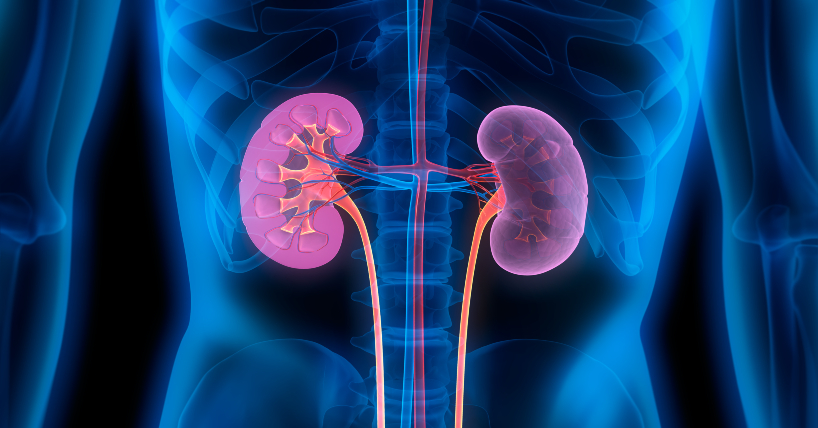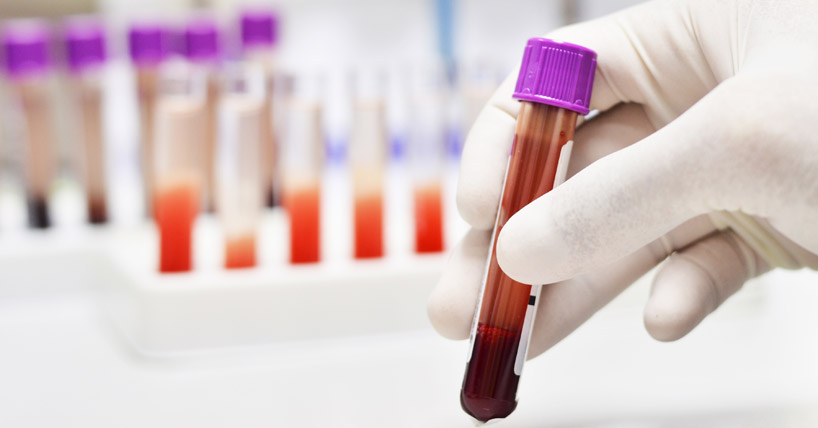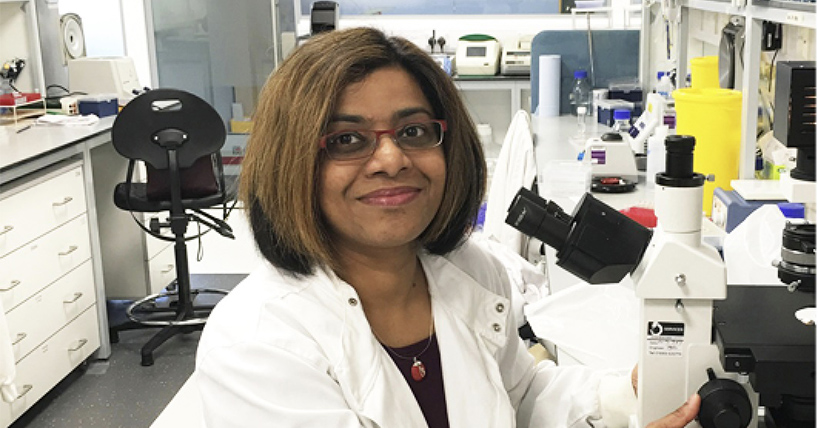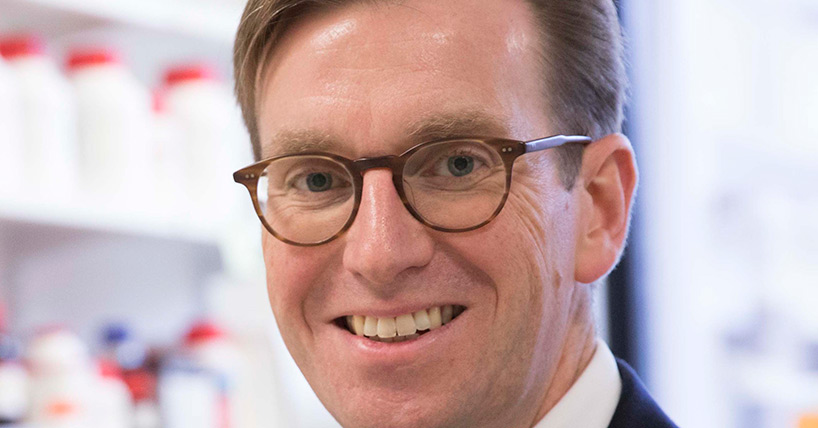News
News covering rare disease
News Update: Join Us at the ECRD 2024!
Our Newcastle University Centre for Rare Disease is proud to be an associate partner at the European Conference on Rare Diseases & Orphan Products (ECRD) 2024. Join us for this major event on May 15-16, 2024, available online through a fully interactive platform. The ECRD is the largest, patient-led, rare disease policy-shaping event held in Europe. With over 1000 participants, the Conference is an unrivalled opportunity to network and exchange invaluable insights within the rare disease community.
Discussions will be taking place on areas including breakthrough therapies funding, mental health support for rare disease patients, equitable diagnosis strategies, access to specialised care, and robust national action plans for rare diseases. The conference, organised under the auspices of the Belgian Presidency, will culminate in the output of a co-created, open letter to EU Institutions and country leaders, providing a solid legacy for the future of the newly elected EU leadership.
UK health leaders unite to protect future of medical research
Newcastle University's Vice-Chancellor has joined prominent figures across the UK health sector committing to urgent action to reverse the 'alarming decline' in clinical academic posts.
Treatment found to transform the lives of rare kidney disease patients
Newcastle researchers have revealed the first treatment to target the underlying cause of a rare kidney condition called “C3G” and prevent the disease progressing.
Withdrawal of kidney treatment significantly benefits patients and NHS
Early withdrawal of a treatment for patients with a rare kidney disease is possible without relapse, safer for patients and saves the NHS millions of pounds, new research has revealed.
Eight babies born after Mitochondrial donation
The UK’s pioneering licensed IVF technique to reduce the risk of mitochondrial diseases carried out in Newcastle has seen eight babies born, published research shows.
Aspirin a day keeps bowel cancer at bay
Taking a single, small dose of aspirin a day can prevent bowel cancer in people at high risk of the disease, according to the results of a major clinical trial.
New blood test developed to rapidly diagnose rare genetic diseases
Researchers have developed a blood test capable of rapidly diagnosing rare genetic diseases in babies and children, eliminating costly and invasive procedures and giving earlier access to treatment.
Team Newcastle take on Great North Run in aid of our students
This year, over 35 colleagues, graduates and supporters are joining #TeamNewcastle in the world’s biggest and best half-marathon to raise vital funds for our 29,000-strong student community.
New therapy to overcome treatment-resistant skin cancers
A study has revealed why some patients don’t respond to immune checkpoint blockade (ICB) therapy for solid cancer tumours and identifies a new combination treatment.
University announces new PVC for Faculty of Medical Sciences
Newcastle University has announced the appointment of a new Pro Vice-Chancellor of the Faculty of Medical Sciences (FMS), Professor Quentin Anstee.
“Red Wall” constituencies have most to lose from PIP benefit changes
Proposed changes to Personal Independence Payments (PIP) could have a “devastating” effect on some of the most deprived communities in northern England, according to a new report.
Medical breakthrough unlocks rare disease discovery
A landmark study has found 69 previously unidentified genetic determinants of rare disease, including uncommon forms of epilepsy and schizophrenia.



.jpg)






